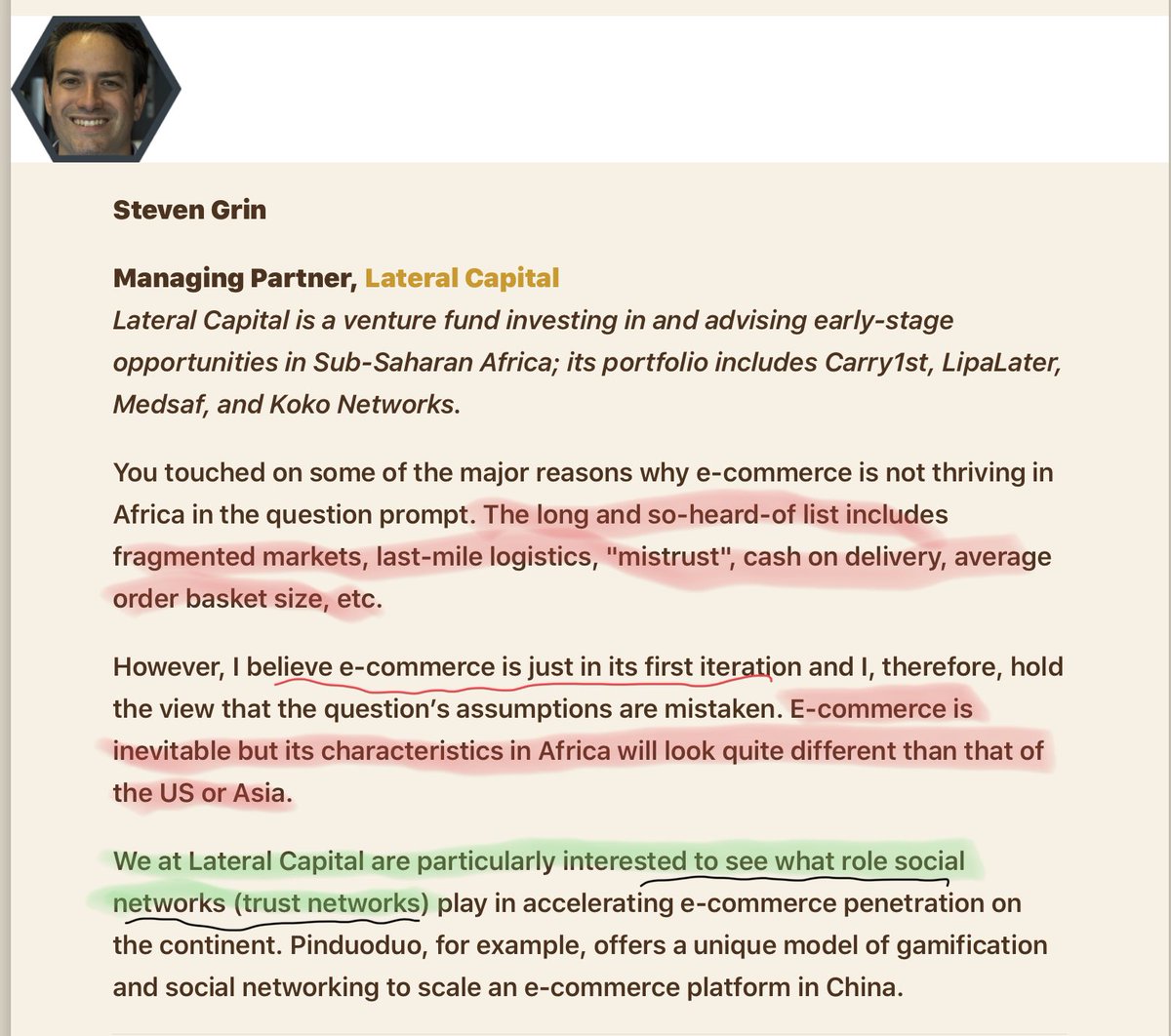
Fuel prices going up in Kenya 🇰🇪 is an opportunity for alternative energy products - solar, ethanol, hybrid taxis... you name it!
This crisis is paving way for the business success stories of tomorrow
This crisis is paving way for the business success stories of tomorrow
https://twitter.com/moneyacademyke/status/1437814466259963916
Severals example from Kenyan Uber drivers
1. more drivers are considering alternatives such as LPG Pro-gas which retails ~50% vs petrol (70kes vs 129kes). Some drivers have modified vehicles to cater for proGas compatible engines
1. more drivers are considering alternatives such as LPG Pro-gas which retails ~50% vs petrol (70kes vs 129kes). Some drivers have modified vehicles to cater for proGas compatible engines
2. Some Uber drivers are now considering hybrid ( electric & fuel) vehicles such as Honda Insight and Toyota Prius
3. Some taxi drivers have shifted to fully electric vehicles for example Nissan Nopia
3. Some taxi drivers have shifted to fully electric vehicles for example Nissan Nopia
4. Since 2017 taxi hailing drivers have gradually shifted to smaller compact vehicles w/ better consumption / smaller engine sizes
Talk to any taxi hailing driver and you’ll be surprised. They can work out the math fuel cost per km / trips per litre / pros and cons of each such as
Not enough charging stations for electric vehicles
Not enough charging stations for electric vehicles
Taxi drivers & regular drivers are 2 different personas.
Taxi drivers drive to earn, so they are rational. They work out the math, what’s best for business. They are a great indicator of decision making by drivers and market shifts IMO
Taxi drivers drive to earn, so they are rational. They work out the math, what’s best for business. They are a great indicator of decision making by drivers and market shifts IMO
He is right. The increase in fuel prices seeps into everything that is dependent on fuel as an input eg manufacturing, transport/delivery/logistics...
https://twitter.com/jmost_/status/1437878264069070853
Assignment:
What other touch-points are shaping spending patterns at individual, household, business /biashara /firm / agency level in post Corona 2021?
What other touch-points are shaping spending patterns at individual, household, business /biashara /firm / agency level in post Corona 2021?
https://twitter.com/pesa_africa/status/1437817784432484363
How does your startup product & business model fair in the near future as consumers reconsider priorities?
https://twitter.com/pesa_africa/status/1437816494444978181?s=20
• • •
Missing some Tweet in this thread? You can try to
force a refresh








